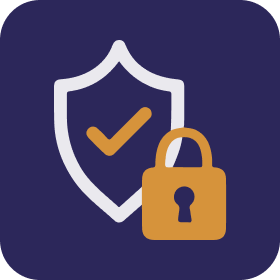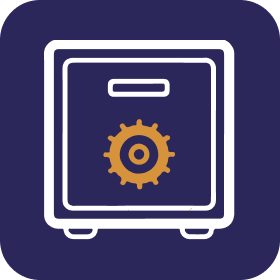Tella
Document & protect
In challenging environments, with limited or no internet connectivity or in the face of repression, Tella makes it easier and safer to collect, protect and hide sensitive data.
Why Tella?

If you are an activist, journalist, human rights defender, or anyone who documents injustice, you can use Tella to:
- Protect yourself from physical and digital repression while collecting and storing sensitive information.
- Protect the data you collect from censorship, tampering, interception, and destruction.
- Easily produce high quality documentation that can be used for research, advocacy, or transitional justice.
1. Protect your data
- Encrypt your files: Tella automatically encrypts your photos, videos, and audio recordings as soon as they are captured.
- Hide your files in the device: your files are inaccessible from the phone’s regular gallery or file explorer. You can only access them in the app.
- Lock your files: set a PIN or password to protect your files. Entering the correct lock is the only way to decrypt the files stored in Tella.
- Mask the app: change the look of Tella to hide it from people searching your phone.

2. Collect evidence of human rights violations

- Camera and recorder inside Tella: take photos, record videos and audio directly in Tella so that your files are immediately encrypted and hidden in the app.
- Tella integrates with Uwazi, Open Data Kit, Tella Web, Google Drive, Dropbox and Nextcloud. Pick the platform that best suits your need and collect data directly in Tella.
- Offline mode: in areas with limited or no internet connection, you can save your data and submit it when you reach a reliable internet connection.
3. Tella is free, multilingual, and open-source
- Free forever: Tella is designed for those whose safety is at risk. It is free to download and use, and will remain free forever.
- Choose your language: Tella is currently available in 22 languages.
- Trust the code: The code for Tella is open-source and publicly available so that researchers, security analysts, and developers can freely audit and reuse it.


